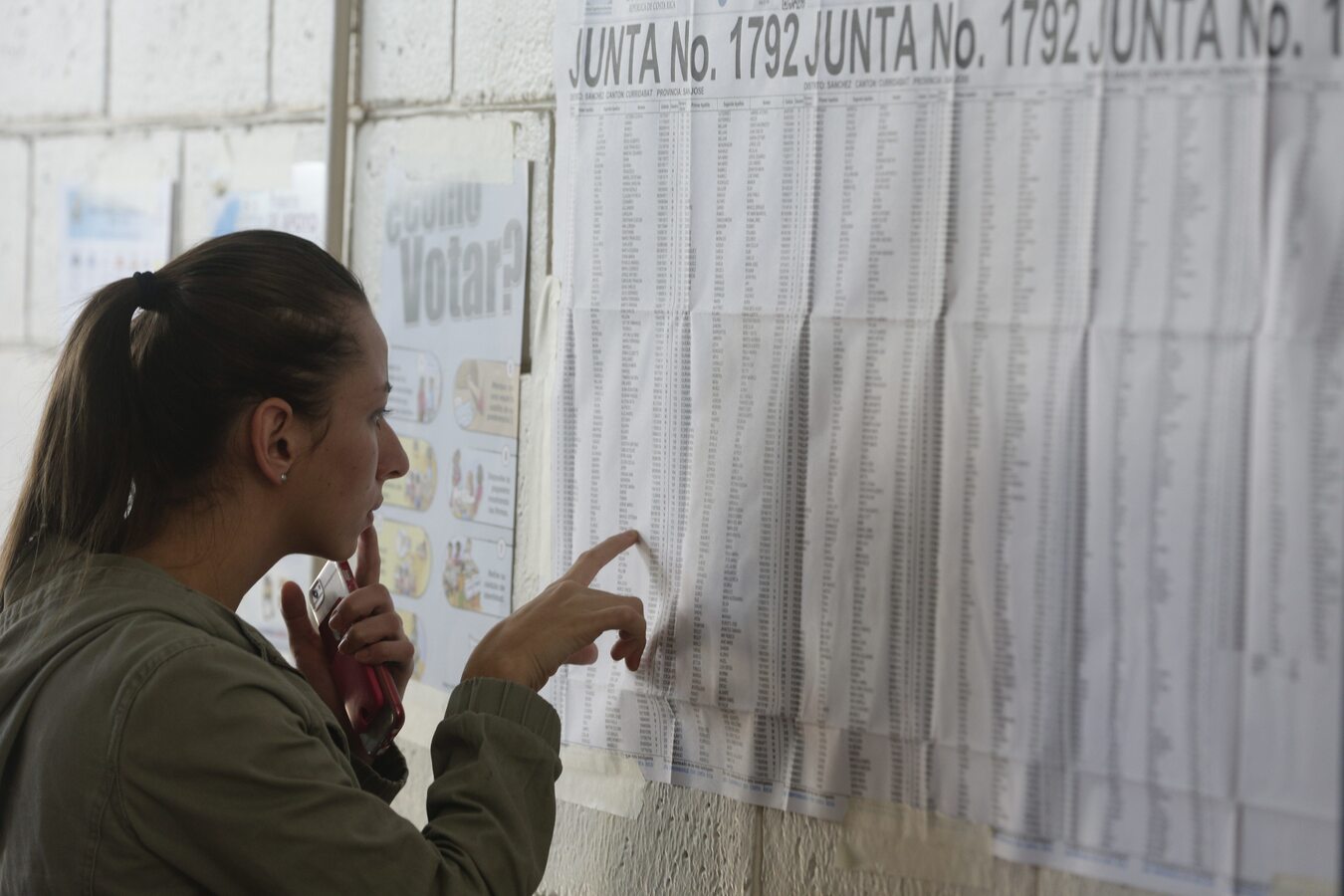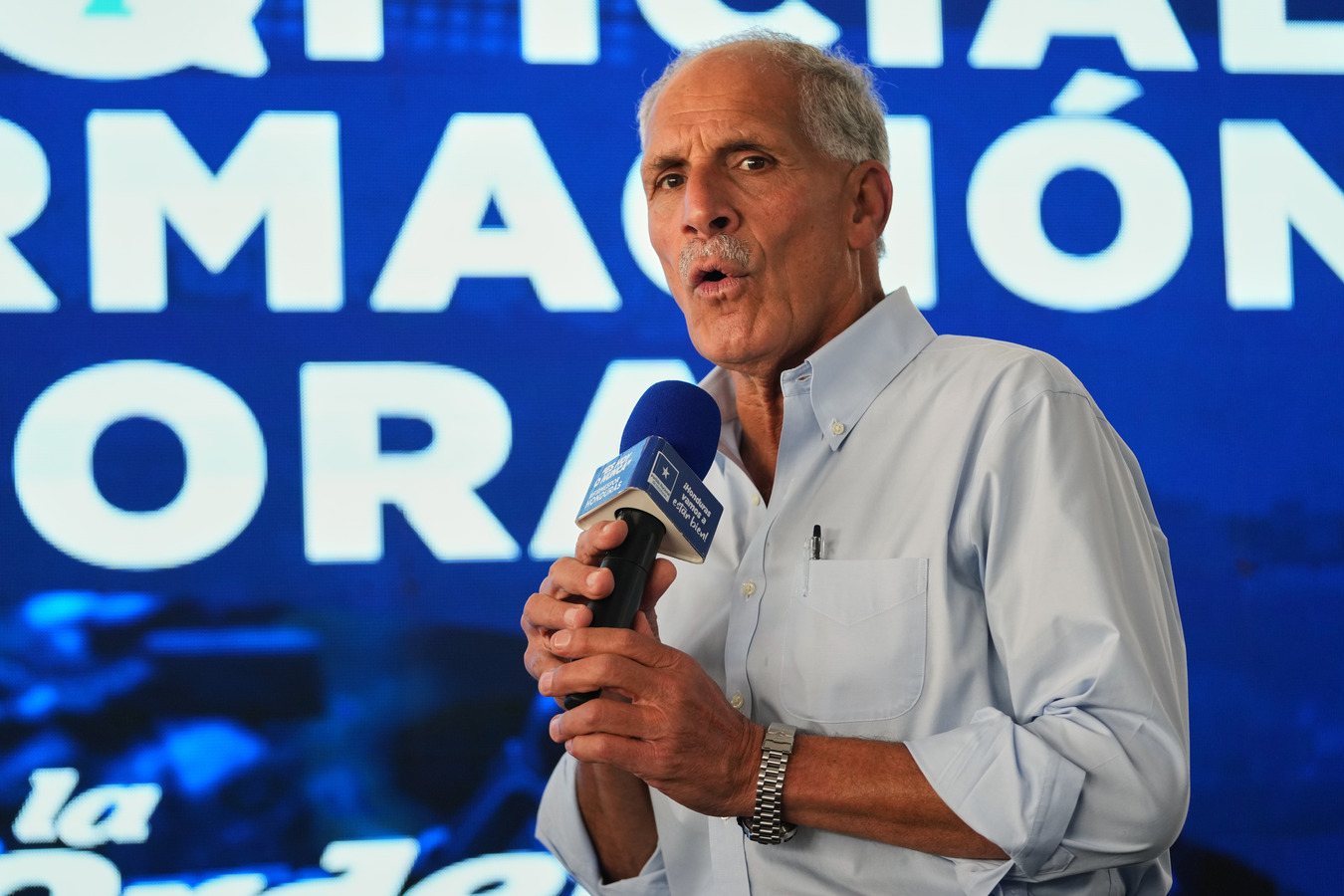Colombian Strike Reveals Disparate Demands
Colombian Strike Reveals Disparate Demands
The protests reveal a gap between citizens’ expectations and the government’s promises, some observers say.
Updated August 22—On August 19, Colombia saw a national strike take hold in at least 12 of the country’s 32 departments, with protests continuing today. While organizers say roughly one million people participated and the government put the number at just 60,000, Colombia Reports estimates the actual number was likely several hundred thousand—making these demonstrations the largest since 2008. The discontent comes at a critical time as November marks the original deadline for peace talks with the Revolutionary Armed Forces of Colombia (FARC), as well as the cutoff for presidential hopefuls to announce their candidacies. The protests reveal a growing gap between citizens’ expectations and government responsiveness, some observers say.
The strike involves a number of agricultural workers, such as coffee growers and farmers, though other groups joined, including miners, health workers, truckers, and university professors. The demonstration also comes on the heels of smaller-scale protests and individual sector strikes, such as the miner strike which began in July. Protester demands vary, from lower prices for fuel and tolls to cancelling free-trade agreements to greater agricultural subsidies. Despite initially refusing to negotiate, on the night of August 20 the government said it would be willing to sit down with the various labor groups.
President Juan Manuel Santos, who is expected to run for reelection, has pointed to the FARC and other guerrilla groups of infiltrating recent protests and trying to increase tensions during the peace talks. Luis Eduardo Garzón, the minister of social dialogue, told El Tiempo this week that the strike also involved political interests looking to challenge Santos ahead of the May 2014 elections.
Former President Álvaro Uribe remains a fierce critic of the administration, and said on August 17 that if the Santos administration had engaged in a dialogue with these communities in time, the strike would have been unlikely to take place. Javier Correa Vélez, head of coffee-growers association Dignidad Cafetera, told The Miami Herald: “We’re not trying to overthrow the government or support one armed group or another, we just want solutions to our problems.” This dissatisfaction with the administration is reflected in opinion polls. A Colombia Opina survey conducted at the end of July found that only 25 percent of Colombians believe things have improved over the past year, compared to 41 percent in July 2011. In an interview this month—which marks his third year in office—Santos noted that one reason behind the discontent could be his administration’s inability to properly communicate its successes, particularly in employment and security. Colombians cited those two issues as the most pressing problems in the country, according to the Colombia Opina survey. In an op-ed for Semana, political analyst León Valencia points to economic growth and constant promises from the government to allow everyone a slice of the pie. “People are standing up in order to ensure these promises become a reality,” he wrote.
Monday’s protests also coincided with the latest round of FARC peace talks beginning in Havana. While insiders report progress is being made at the negotiating table, Colombians grow less confident. A survey released this month found that 59 percent support the talks, down from 63 percent in April. Only 43 percent believe the talks will end in an accord. “The peace process could benefit from a better balance between the at-times conflicting needs for confidentiality, transparency, and the need to prepare the public to embrace the peace process,” writes Virginia M. Bouvier of the U.S. Institute of Peace in an August 19 report. Earlier this month, Santos appeared to back down from his November deadline to reach an agreement, saying talks could be prolonged for several months. “Deadlines in these processes are totally counterproductive,” he added.








